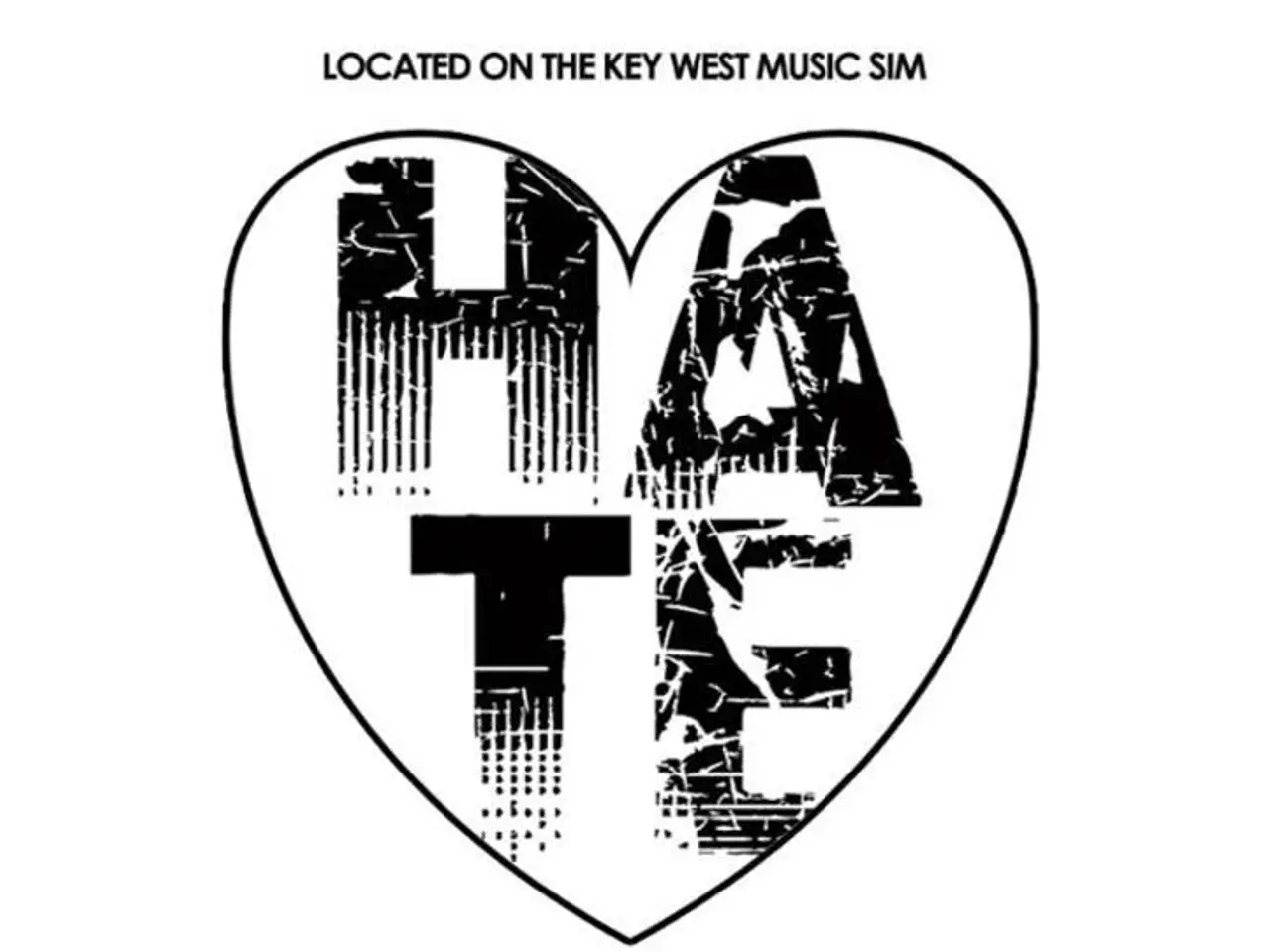New Study Warns of Economic Impact of 'Must-Carry' Social Media Policies
New research highlights the potential economic impact of 'must-carry' policies on social media platforms, while two US states, Florida and Texas, have passed laws restricting content moderation. Meanwhile, users express concern about advertisements near hate speech posts on social media sites and apps.
A recent study suggests that 'must-carry' policies, which would require social media platforms to publish all legal third-party content, could impose significant economic costs. This includes impacts on social media services themselves, their advertisers, and the wider digital economy.
The research also found that hate speech posts can decrease favorable opinions of brands that advertise on social media sites and apps. Respondents reported a lower likelihood of clicking advertisements or purchasing advertised brands when they appeared next to hate speech.
Florida and Texas have enacted laws prohibiting social media websites from deprioritizing or removing certain kinds of content, including hate speech. However, these laws are currently on hold pending a Supreme Court decision.
Despite this, many U.S. policymakers are still considering introducing 'must-carry' policies across social media sites and apps. This has raised concerns about the potential spread of hate speech and its impact on consumer sentiment towards both the social media platforms and their advertisers.
The economic implications of 'must-carry' policies and the impact of hate speech on advertisements are clear. As policymakers continue to consider these regulations, social media platforms, advertisers, and consumers alike await the Supreme Court's decision on the Florida and Texas laws.





